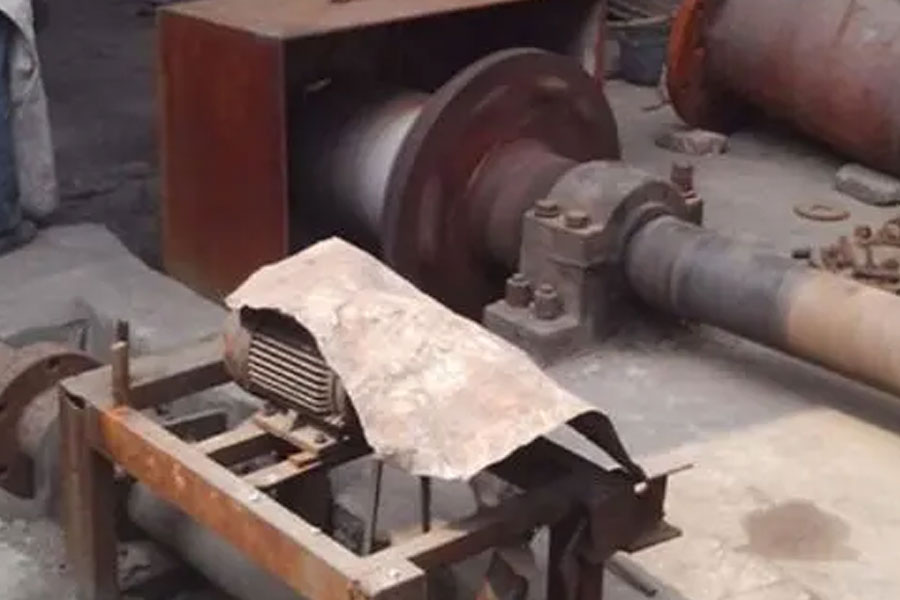The task of energy saving and emission reduction in my country’s foundry industry is urgent and imperative. The promotion of energy conservation and emission reduction in my country’s foundry industry should start from two aspects: technological transformation and policy guidance.
- In terms of technological transformation: focus on improving the quality of castings, transforming outdated equipment, promoting the use of energy-saving and emission-reducing equipment, and improving the casting technology level of the enterprise.
- In terms of policy guidance: firstly, to speed up the adjustment of industrial structure; secondly, to establish relevant preferential policies to encourage foundry enterprises to increase investment in energy conservation and emission reduction;
- To use taxation and other policies to speed up the elimination of equipment with high energy consumption and serious pollution;
- To improve The industry-wide awareness of energy conservation and emission reduction, and strengthening law enforcement;
- Establish new industry standards for energy consumption and waste discharge in my country’s foundry industry.
This year, my country will take energy conservation, consumption reduction, emission reduction and pollution control as important measures to adjust the industrial structure and transform the development mode, and will focus on promoting energy conservation assessment of investment projects, guidance on energy conservation and emission reduction in key industries, industry energy efficiency benchmarking, and enterprise energy conservation management. and target responsibility evaluation and assessment.
Miao Wei said that the establishment of an energy-saving assessment and review system for industrial fixed asset investment projects is a fundamental measure to control the energy consumption of new industrial projects from the source, and to curb the blind and excessive growth of industries with high energy consumption and high pollution. It is an important measure for the information department to effectively play its responsibilities in industrial energy conservation and consumption reduction. At present, except for a few large-scale enterprises with sophisticated production equipment, advanced casting technology and basically in place environmental protection measures, most foundries in China have outdated production equipment and backward technology, and generally seldom consider environmental protection issues. Therefore, this is extremely incommensurate with China’s status as a casting power.

